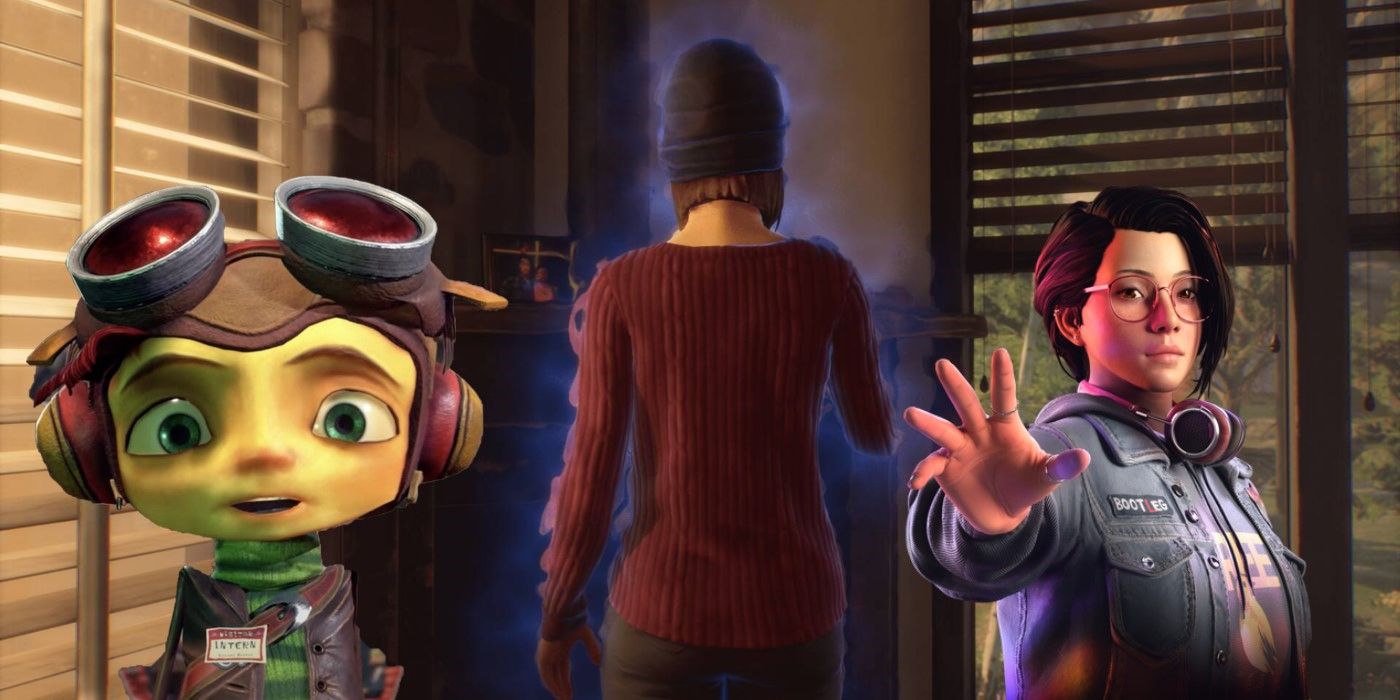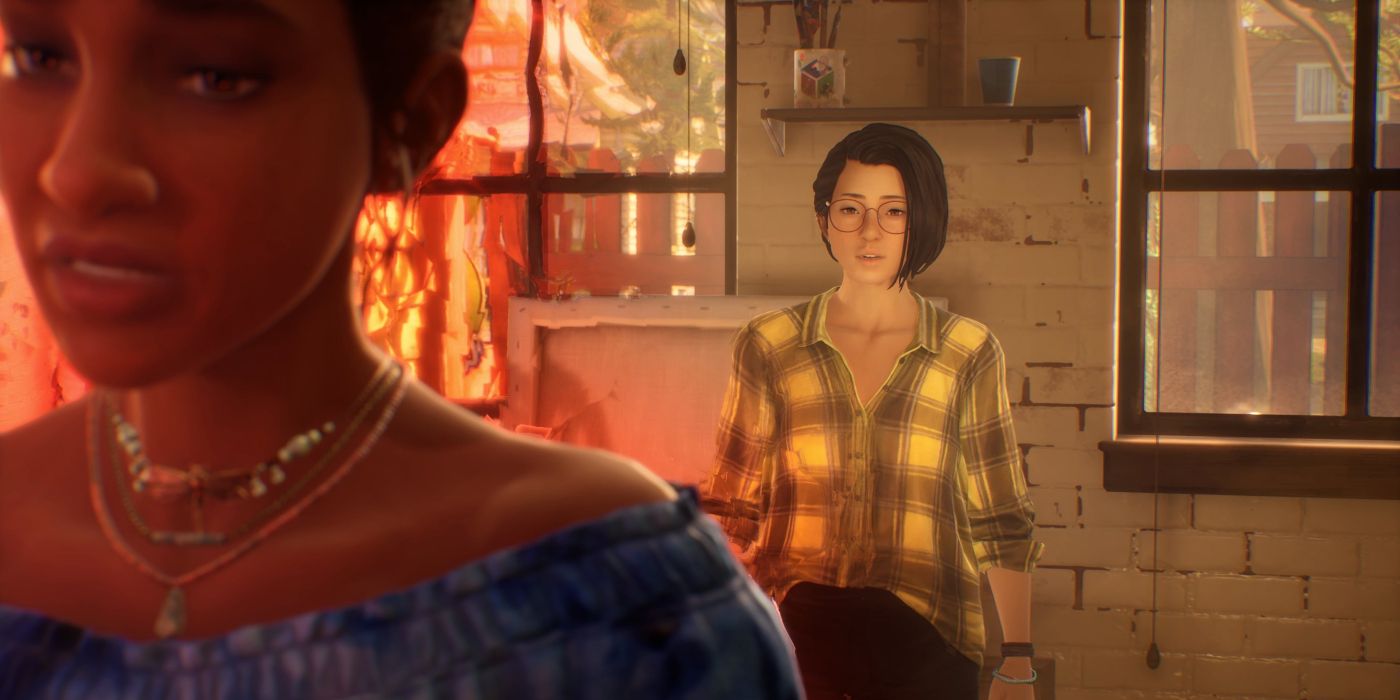Accurate representations of minorities and other worldly issues are something that more games have been tackling one way or the other, and especially so indie games, due to greater freedom in showing what the developers care about. Games like Life is Strange and Psychonauts both dealt with mental health in different ways, with the former addressing bullying and LGBTQ+ themes, and the latter mainly focusing on psychology because of story and gameplay elements. In a way, all Life is Strange games, Psychonauts, and Psychonauts 2 have a similar approach to how they handle mental health, and yet they also differ in how it is implemented in the games.
With Life is Strange: True Colors getting close to its final release date this September, and with Psychonauts 2 releasing toward the end of August, now is as good a time as ever to talk about psychological issues and empathy. Empathy, in particular, seems to be a very important aspect of both games, even if they address it in different ways. For example, Life is Strange: True Colors is a game where the main character has a superpower that allows her to empathize with other characters and see their emotions as colorful auras.
Mental Health in Life is Strange and Psychonauts
Deck Nine, the studio that previously worked on Life is Strange: Before the Storm, is particularly keen on exploring how empathy can be a double-edged sword. With Life is Strange: True Colors, players will learn what it means to fully empathize with other characters, how there are both good and bad aspects. But this will not be just something that is tossed around in the story. On the contrary, all of this empathy will have gameplay elements linked to it that the players will have to navigate gently, precisely because they will be directly tied to other characters' states of mind.
This is not the first time the series tried to do something similar, as all of the installments that came before Life is Strange: True Colors explored mental health in some way. In Before the Storm, the theme of depression is prevalent, but it is also about grief, loss, loneliness, and how to deal with all of that as a teenager. In the first Life is Strange game, players will have a direct impact on some characters with their actions and choices, which ultimately can make all the difference when one of the kids at school attempts suicide. Life is Strange 2 handles the topics of guilt, responsibility, and how to be a positive or negative influence over others.
The first Psychonauts game was released in 2005, and it also focused on psychological issues because of the main character's abilities and gameplay. Raz, the protagonist, doesn't exactly show much empathy in the first game when popping into other characters' minds, but that drastically changes in Psychonauts 2. In fact, Double Fine contracted a specialist who acted as an advisor for what was a correct and dignified representation of mental health and what wasn't.
At their core, Psychonauts games are platformers with combat, where mental health threats such as panic attacks and bad ideas become physical representations of enemies to defeat. As such, Life is Strange games offer a more personal and emotional take on psychological issues, whereas Psychonauts 2 combines a more imaginative stance with themes of respect and empathy, and what can be done to help others without overstepping. These games come at a time when mental health is especially an issue because of the COVID-19 pandemic and the impact it has been having on people for almost two years now. As such, they are very welcome releases.
Psychonauts 2 releases August 25 on PC, PS4, PS5 (via backward compatibility), Xbox One, and Xbox Series X/S.
Life is Strange: True Colors releases for PC, PS4, PS5, Stadia, Switch, Xbox One, and Xbox Series X/S on September 10.


